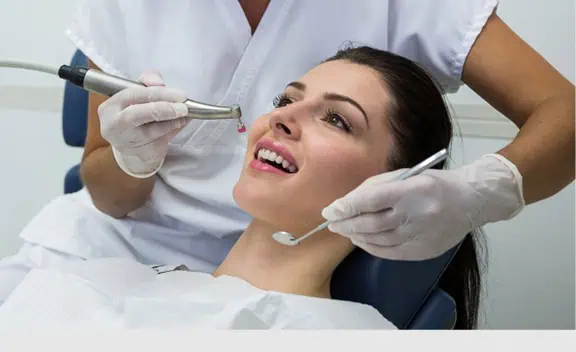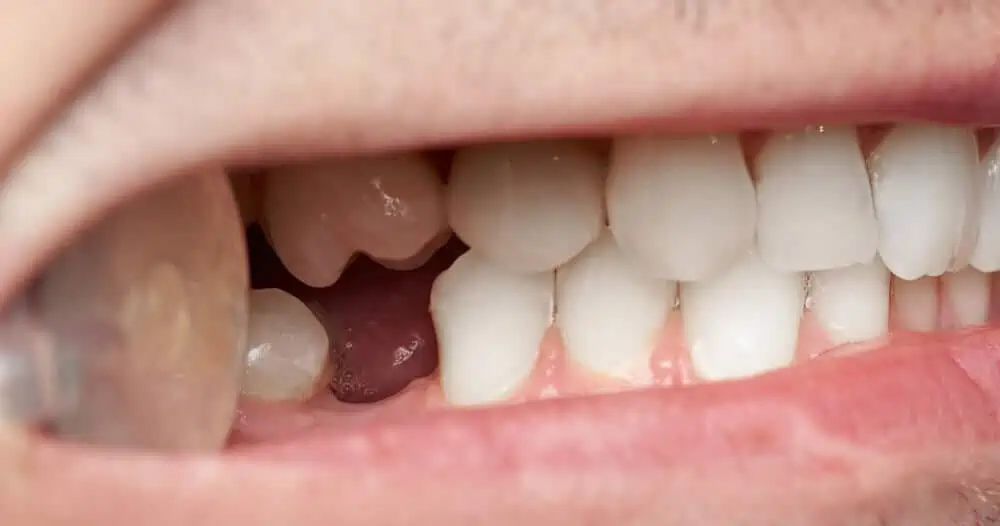Problems with teeth
Most of us experience problems with our teeth at some point in our lives. These guides will help you know which symptoms to look out for and what to do about them.

Cavities and Tooth Decay Tooth decay and cavities affect the majority of people at some point in their lives. They are also largely preventable with a…
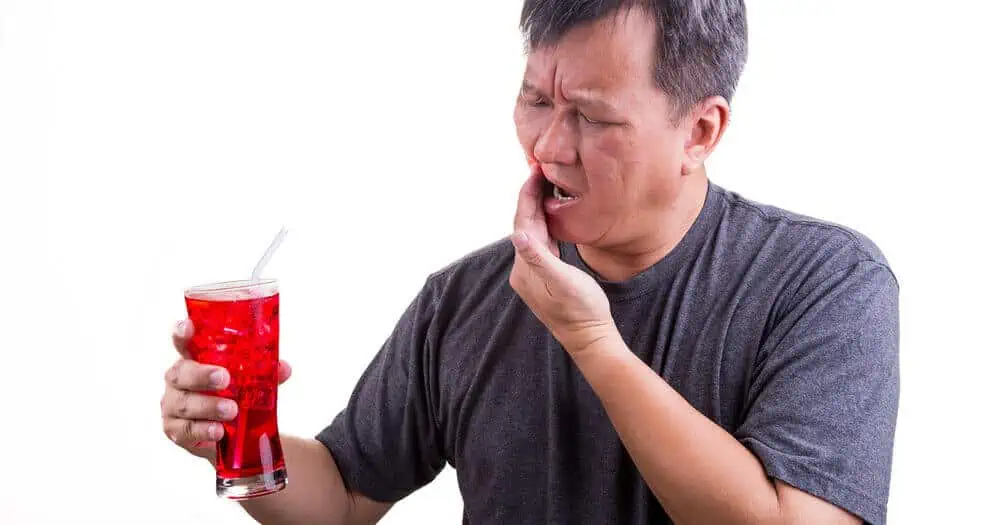
Sensitive Teeth Worried about your sensitive teeth? The first sign is usually a short, sharp pain through your teeth that may occur while brushing…

Pulpitis Having pulpitis, or inflamed dental pulp tissue can make your teeth very painful. Fortunately, it's not too difficult to treat and reverse…
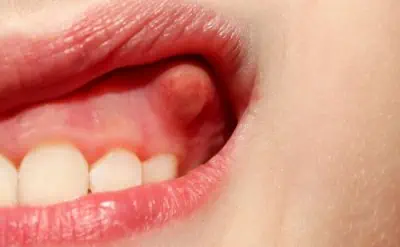
Tooth Abscess Are you worried you might have a tooth abscess? Or maybe your child does and you're wondering how to treat an abscessed…
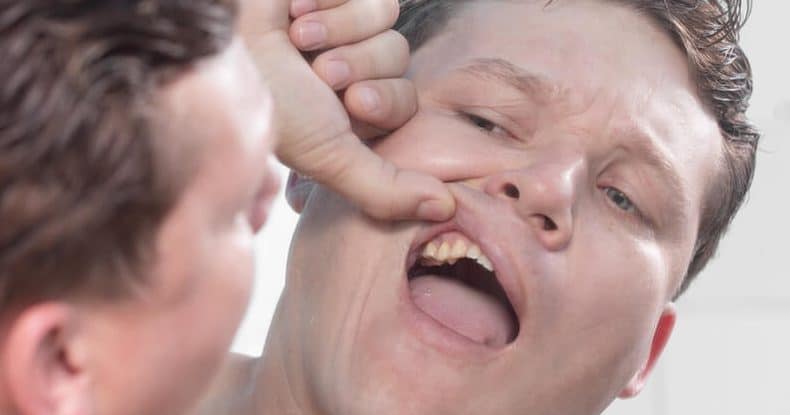
Loose Teeth Are you worried because you have a loose tooth? There are many things that can cause loose teeth in adults, but regardless…

Tooth Resorption What is tooth resorption? In short, it happens when some of the body's cells start eating away at part of the tooth…
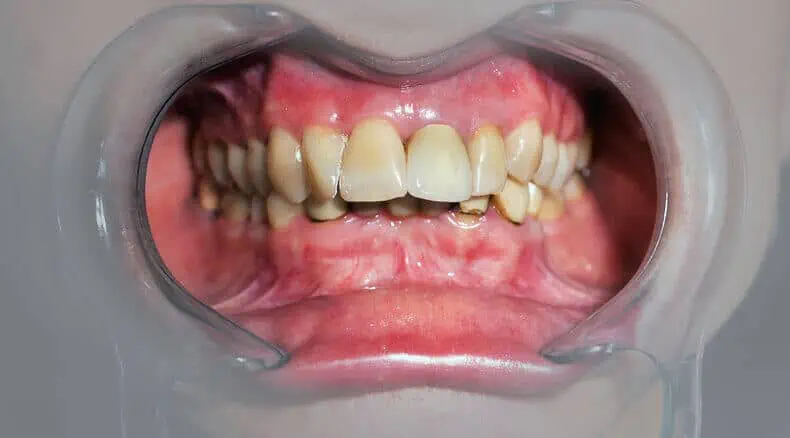
White Spots on Teeth Have you ever wondered how to get rid of white spots on teeth? You’re not alone. They are sometimes barely noticeable, but…
Sensitive teeth
All kinds of things can trigger tooth sensitivity. Some are more concerning than others. Find out how to relieve sensivity with short-term remedies and long-term treatments.

Sensitive Teeth Worried about your sensitive teeth? The first sign is usually a short, sharp pain through your teeth that…
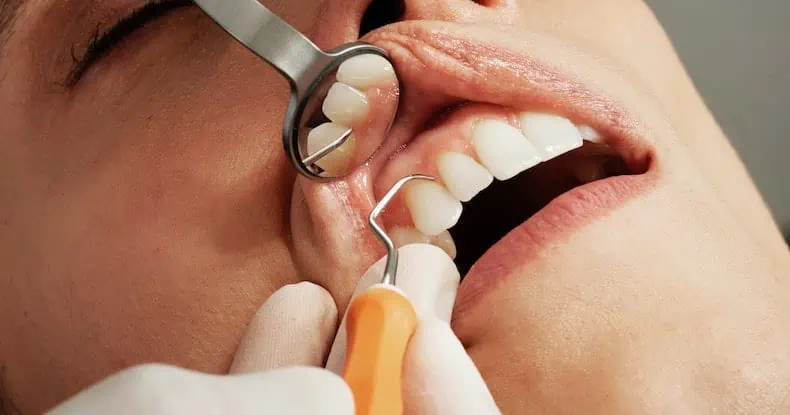
Teeth Sensitive After Cleaning Are your teeth sensitive after cleaning at the dentist? Even if you have healthy gums and teeth, a…

Relief for Sensitive Teeth If you experience a toothache when consuming hot or cold food and beverages then you may need relief…
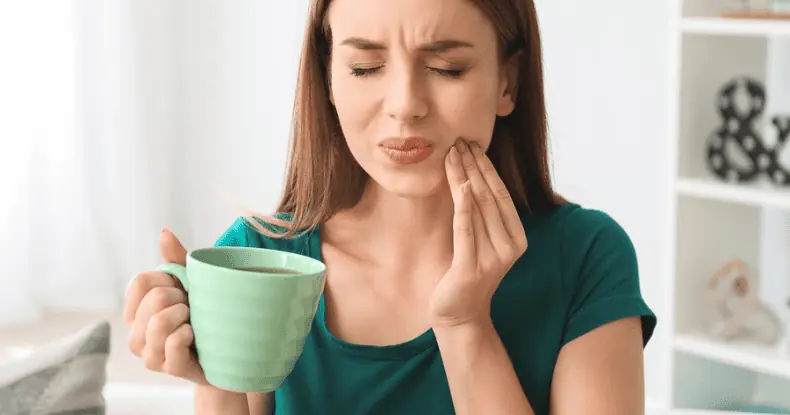
Sensitive Teeth After Whitening If you are experiencing sensitive teeth after whitening them, it can be pretty uncomfortable. In fact, any type…

How to Remineralize Teeth If you've experienced enamel loss, cavities, and decay, you may be wondering how to remineralize teeth. Remineralization of…

Sensitive Teeth Worried about your sensitive teeth? The first sign is usually a short, sharp pain through your teeth that…

Teeth Sensitive After Cleaning Are your teeth sensitive after cleaning at the dentist? Even if you have healthy gums and teeth, a…

Relief for Sensitive Teeth If you experience a toothache when consuming hot or cold food and beverages then you may need relief…

Sensitive Teeth After Whitening If you are experiencing sensitive teeth after whitening them, it can be pretty uncomfortable. In fact, any type…

How to Remineralize Teeth If you've experienced enamel loss, cavities, and decay, you may be wondering how to remineralize teeth. Remineralization of…
Teeth grinding
Teeth grinding, or bruxism, can cause serious damage to teeth if not addressed. One of the most effective treatments is a night guard, but you may want to consider other options too.
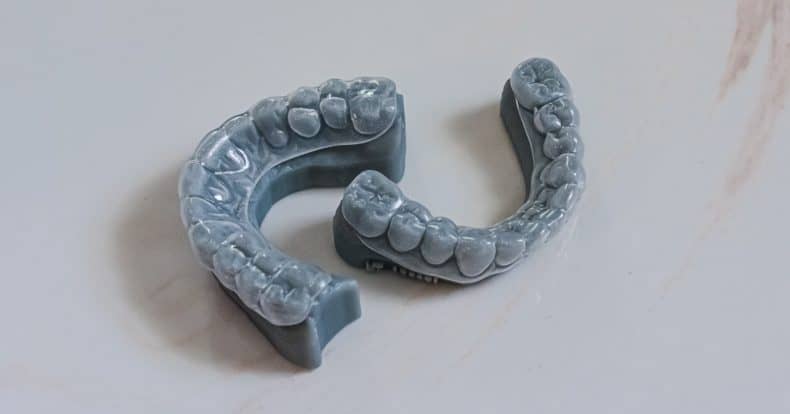
Night Guard for Teeth This is a review of the best night guard for teeth grinding in 2024. We've researched the top…
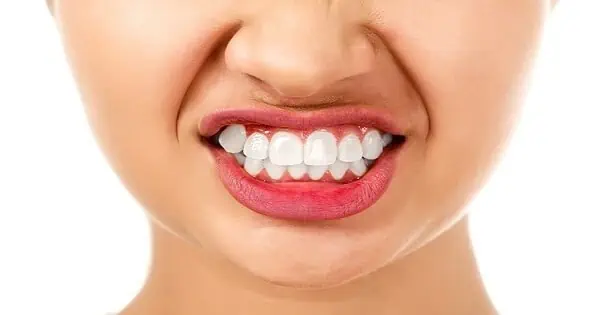
Teeth Grinding (Bruxism) Teeth grinding, or bruxism, is a condition in which the patient grinds or clenches teeth in an involuntary…
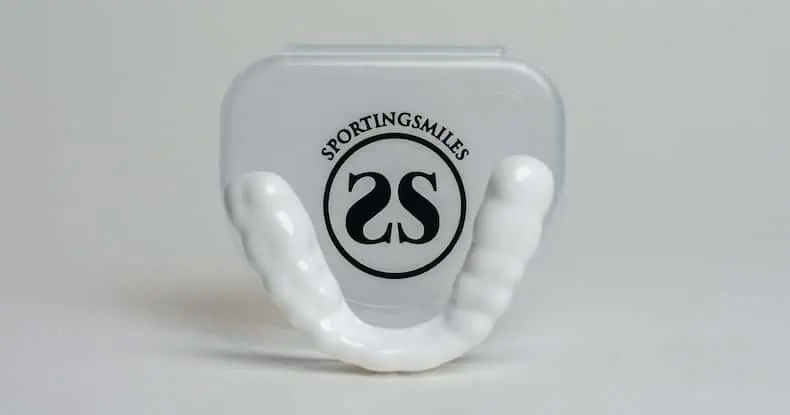
Custom Night Guard If you suffer from bruxism, or teeth grinding, you might need a custom night guard for teeth. A…
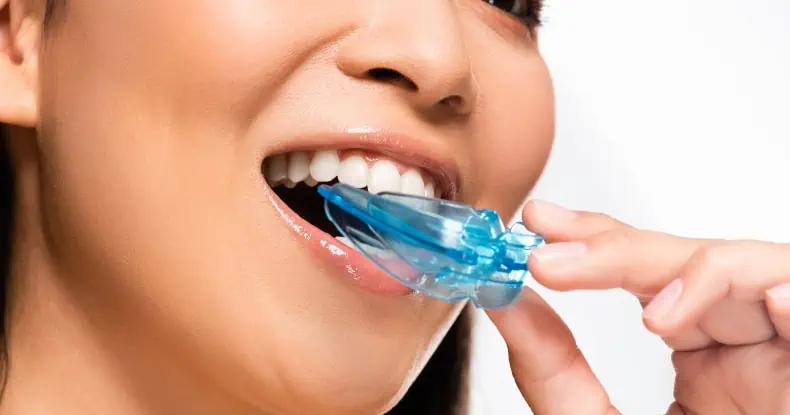
Night Guard Cost So you need a night guard for teeth grinding, TMJ, or teeth clenching. You'll want to know the…
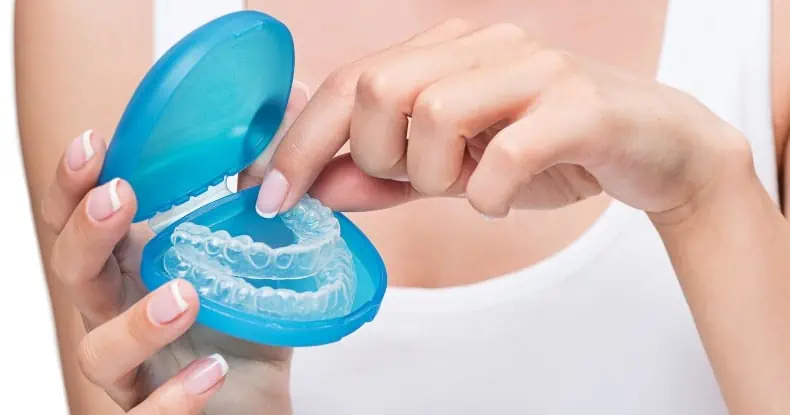
How to Clean a Mouth Guard Are you wondering how to clean a mouth guard? It's important to keep your mouth guard or night…

Night Guard for Teeth This is a review of the best night guard for teeth grinding in 2024. We've researched the top…

Teeth Grinding (Bruxism) Teeth grinding, or bruxism, is a condition in which the patient grinds or clenches teeth in an involuntary…

Custom Night Guard If you suffer from bruxism, or teeth grinding, you might need a custom night guard for teeth. A…

Night Guard Cost So you need a night guard for teeth grinding, TMJ, or teeth clenching. You'll want to know the…

How to Clean a Mouth Guard Are you wondering how to clean a mouth guard? It's important to keep your mouth guard or night…
Oral health treatments & remedies
Need information about treatments for a specific oral health concern? See if one of these articles has the answer.
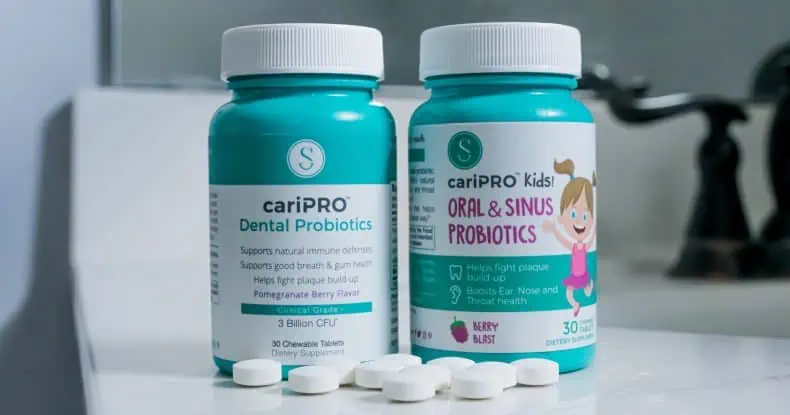
Oral Probiotics Oral probiotics are strains of bacteria that are good for your oral health. These bacteria already exist in your mouth and help…
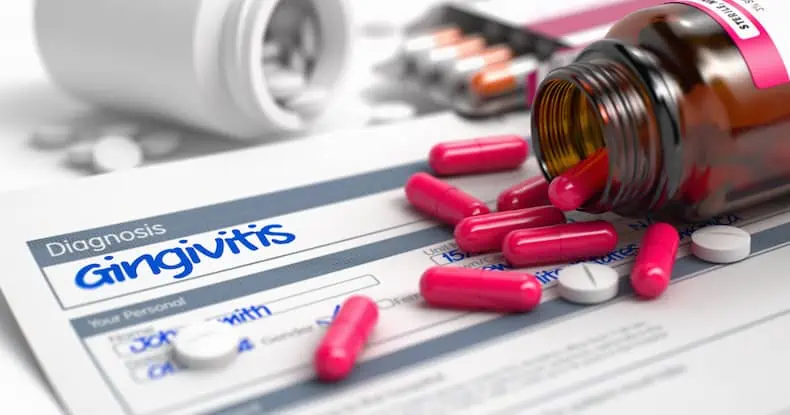
Antibiotics for Tooth Infection Are dental antibiotics for tooth infection always needed? Not necessarily. There are multiple ways to treat oral health problems without antibiotics, including…
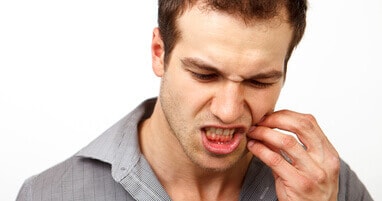
Home Remedies for Toothache Are you looking for home remedies for toothache pain relief? Dental pain is never fun to deal with, so it's understandable you…

How to Remineralize Teeth If you've experienced enamel loss, cavities, and decay, you may be wondering how to remineralize teeth. Remineralization of teeth is certainly possible…

Relief for Sensitive Teeth If you experience a toothache when consuming hot or cold food and beverages then you may need relief for sensitive teeth. Even…
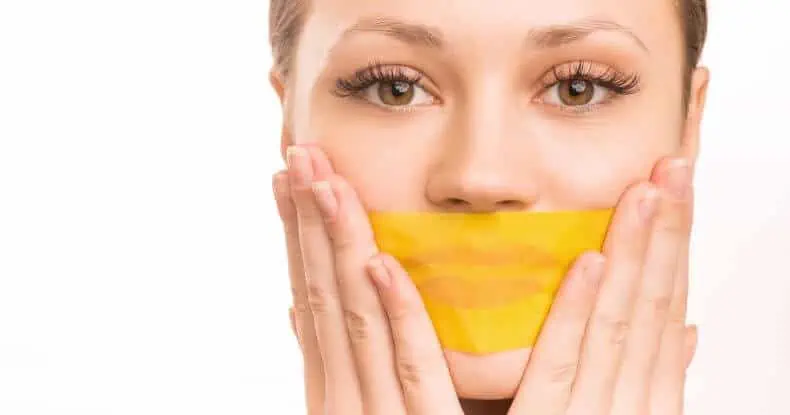
Mouth Taping Sleep disorders cause many Americans to lose out on the shut-eye that they need, causing a variety of general and oral health…
Wisdom teeth
If you're experiencing wisdom tooth pain or want more information about extractions and recovery, take a look at these helpful guides.

Wisdom Teeth Most of us have them, yet for many of us wisdom teeth remain a mystery. Perhaps it's because…
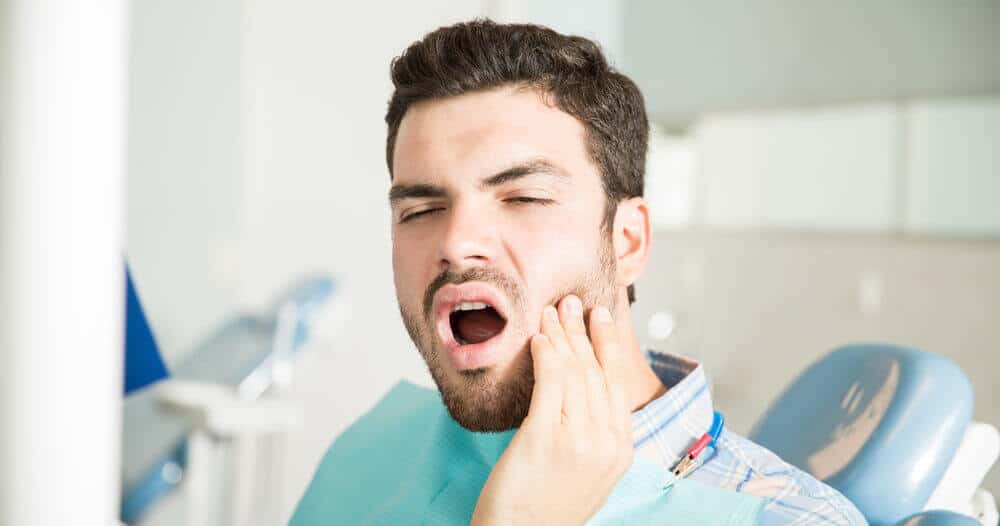
Wisdom Tooth Pain Are you looking for wisdom tooth pain relief solutions or wondering how long the wisdom tooth pain will…

Wisdom Teeth Recovery Are you looking at a wisdom teeth removal recovery in the near future and want some tips? Or…

Wisdom Teeth Most of us have them, yet for many of us wisdom teeth remain a mystery. Perhaps it's because…

Wisdom Tooth Pain Are you looking for wisdom tooth pain relief solutions or wondering how long the wisdom tooth pain will…

Wisdom Teeth Recovery Are you looking at a wisdom teeth removal recovery in the near future and want some tips? Or…
Problems with gums
Oral health is not only about your teeth. Gums are just as important, since a problem with the gums can end up affecting the teeth.

Gingivitis and Gum Disease Gingivitis is a common but mild form of gum disease, the first sign of which is often bleeding gums. Left untreated, it can…
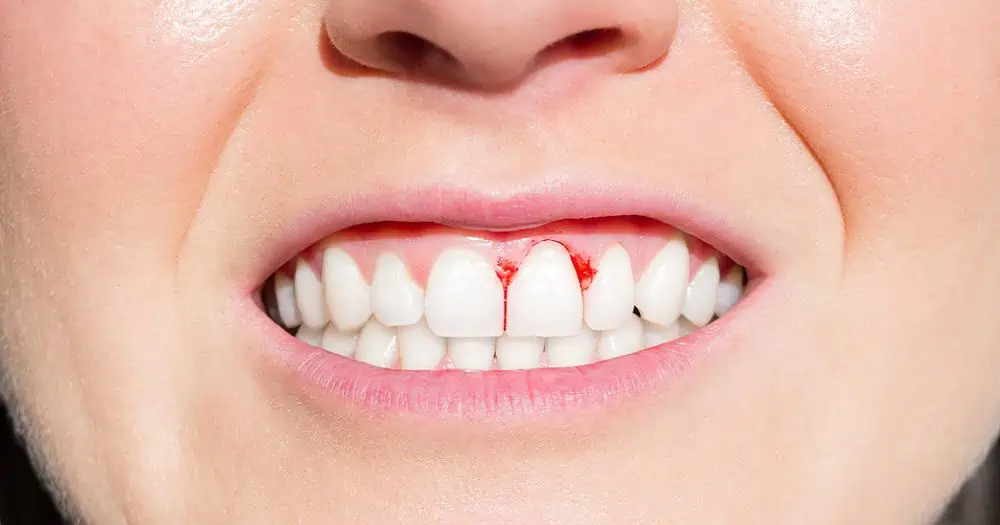
Bleeding Gums If you've found this article by searching “my gums are bleeding”, you are in the right place. Have you noticed that you…
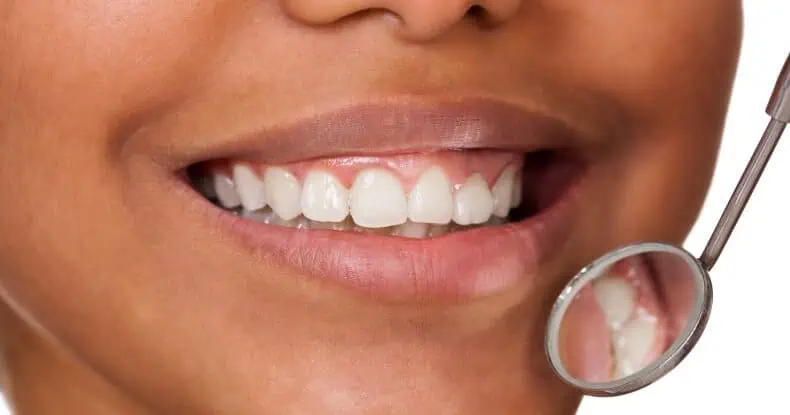
How to Fix Receding Gums Are you wondering how to stop receding gums? When your gums recede, they pull back over the tops of your teeth, exposing sensitive…
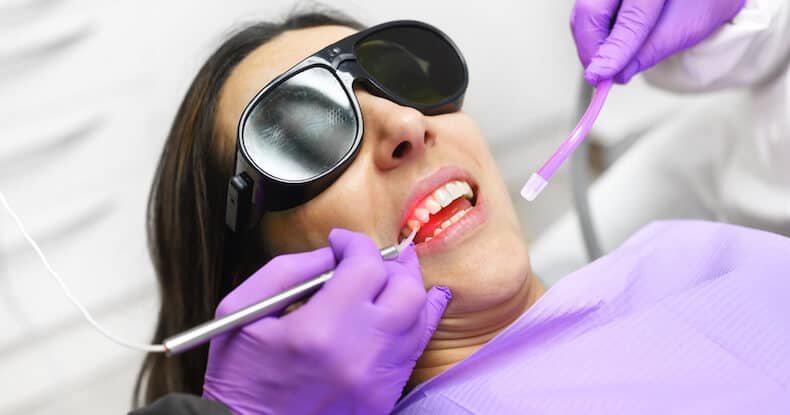
Laser Gum Surgery Laser gum surgery is a way to treat gum disease. It uses lasers instead of a scalpel and therefore doesn't require your…
Mouth & tongue conditions
You should also keep an eye on your overall mouth and tongue health. Here are some of the conditions to look out for.

Oral Thrush Home Remedies Are you looking for oral thrush home remedies? Oral thrush is a condition of the mouth that involves an overgrowth of fungus….

Teeth Grinding (Bruxism) Teeth grinding, or bruxism, is a condition in which the patient grinds or clenches teeth in an involuntary way. Over time, this…
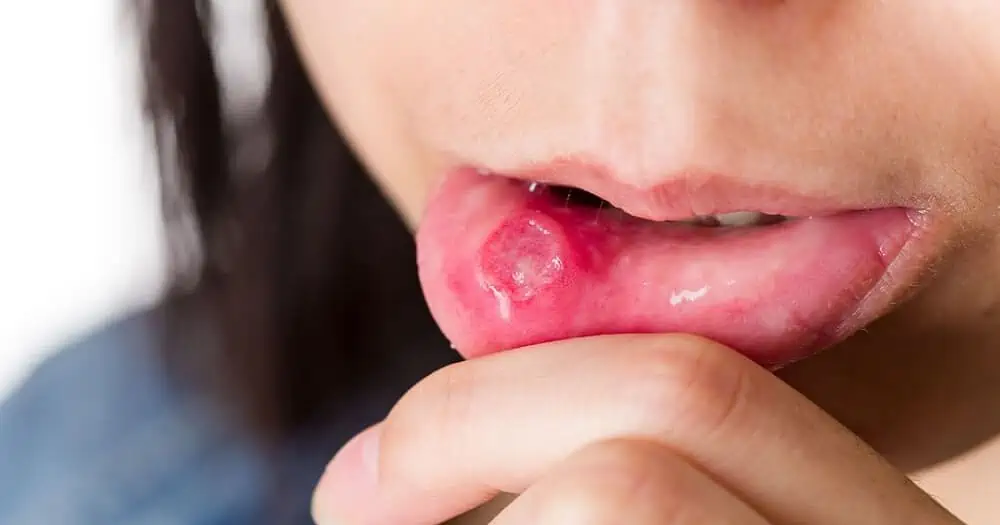
Mouth Ulcer A mouth ulcer, or canker sore, is usually nothing to worry about. They are often benign and disappear as easily as they…
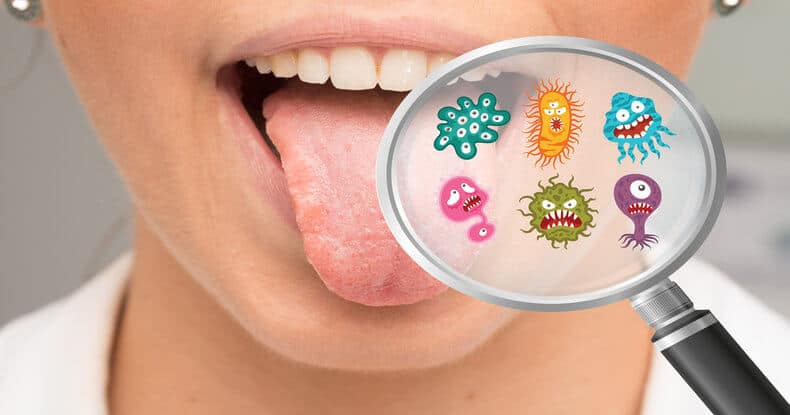
Herpes on Tongue What is herpes on the tongue? What causes it? And how do you treat it? Many people are familiar with cold sores…
Smoking & vaping
Smoking and vaping can negatively impact the teeth, mouth and gums in several ways. Find out what the risks are and how to treat any problems.
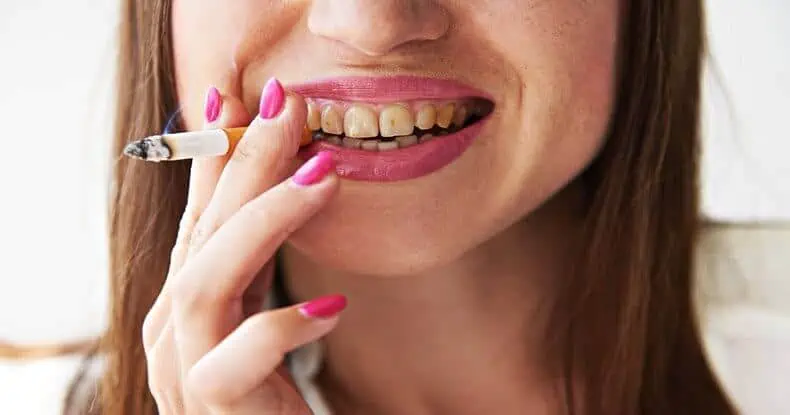
Smokers Teeth If you're a life-long smoker, then you are probably pretty familiar with the yellow and brown stains that…
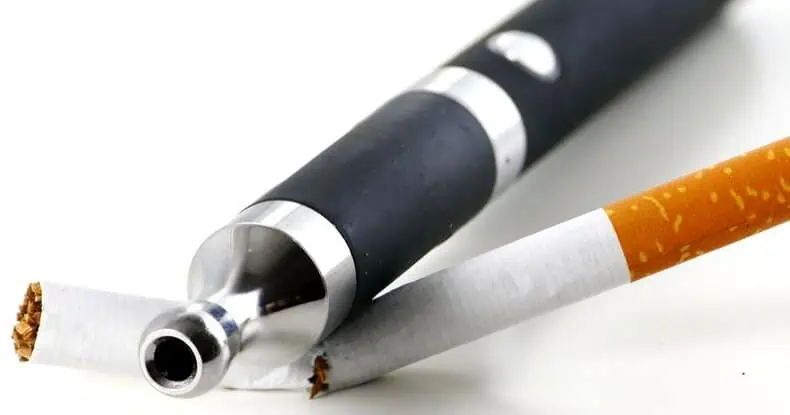
Does Vaping Stain Teeth? Does vaping stain your teeth? Most people are aware of the harmful consequences of smoking on their teeth…
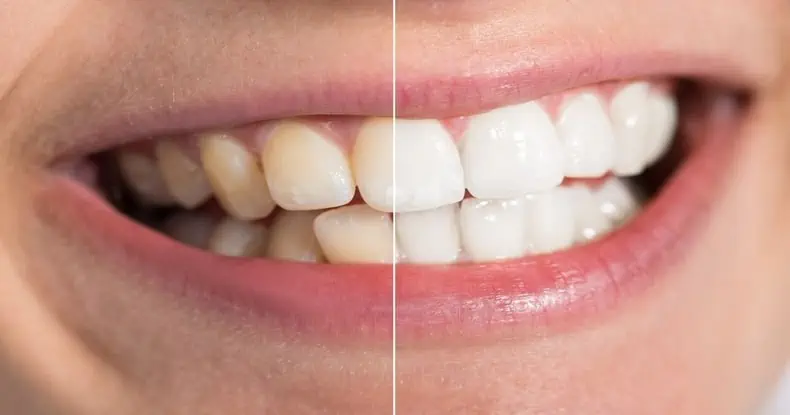
Brown Stains On Teeth Do you have brown stains on your teeth? Are you concerned about what causes brown teeth, despite your…
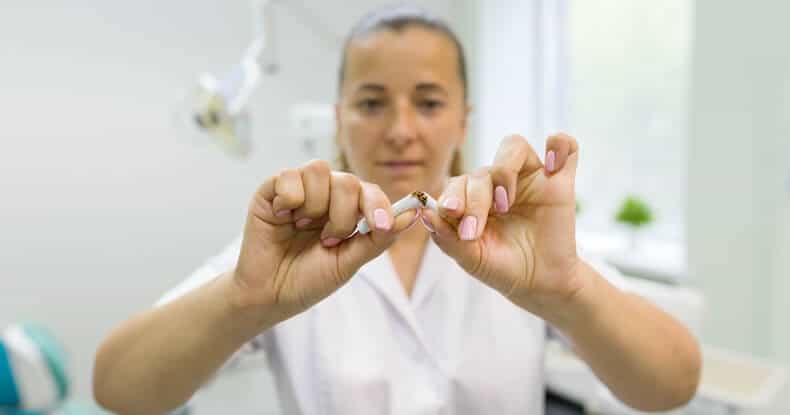
Smoking After Tooth Extraction Smoking after tooth extraction is not a good idea. If you're a smoker, your dentist will give you…

Smokers Teeth If you're a life-long smoker, then you are probably pretty familiar with the yellow and brown stains that…

Does Vaping Stain Teeth? Does vaping stain your teeth? Most people are aware of the harmful consequences of smoking on their teeth…

Brown Stains On Teeth Do you have brown stains on your teeth? Are you concerned about what causes brown teeth, despite your…

Smoking After Tooth Extraction Smoking after tooth extraction is not a good idea. If you're a smoker, your dentist will give you…
Congenital conditions
Some oral health problems are not to do with how well we look after our teeth, but are with us from birth. Read about these congenital conditions and how they can be treated.
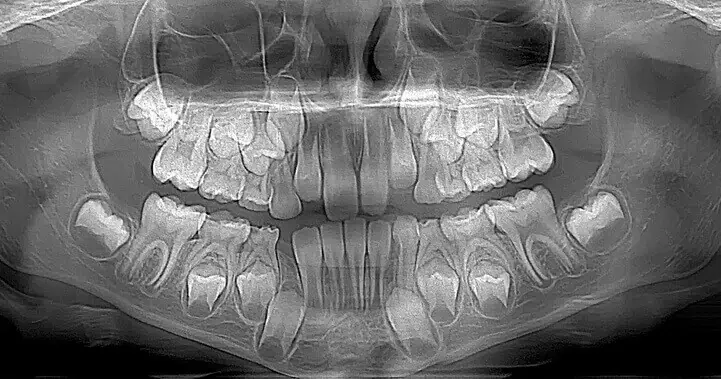
Hyperdontia (Extra Teeth) Having more teeth than normal is a condition known as hyperdontia, or supernumerary teeth. Children usually have 20 teeth, and by adulthood…
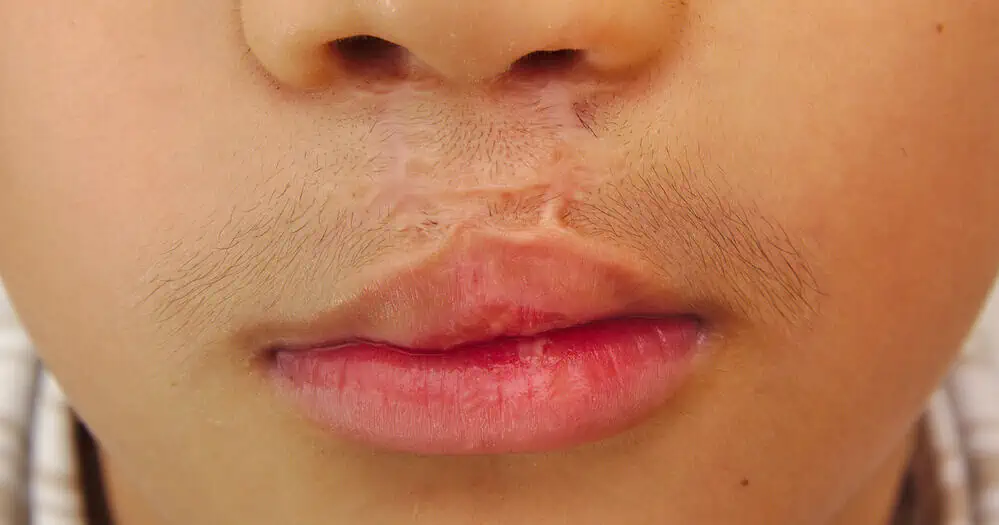
Cleft Palate and Lip Every year, about 4,400 babies are born in the US with a cleft palate or cleft lip. Clefts are among the most…

Tongue Tie Have you just been told your baby has tongue tie, or are you worried they might have it? This medical condition affects four…
Babies & kids
Baby teeth require just as much care as adult teeth. As your child grows up, it's important to teach them good oral care habits to help prevent problems later in life.
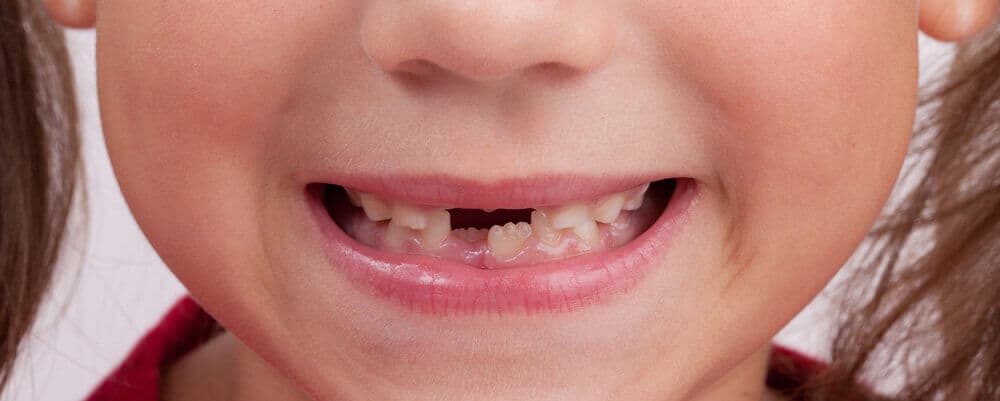
Children's Oral Health As a parent, it’s natural to want your children to be healthy – and that includes their teeth….
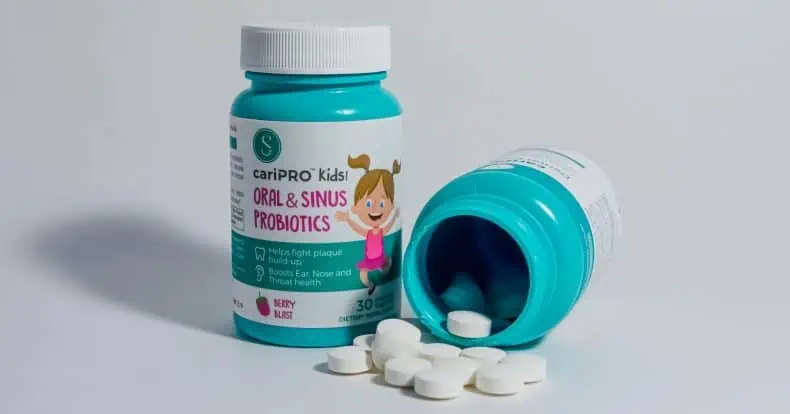
Oral Probiotics for Kids Oral probiotics for kids are strains of bacteria that are beneficial to your children's dental health. The bad…
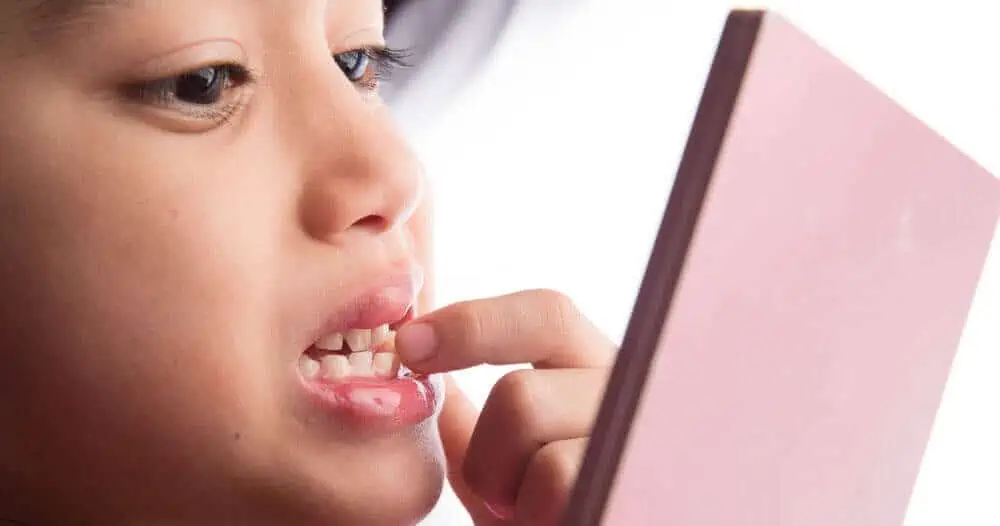
Dental Fluorosis Fluoride is an essential element for healthy teeth; it increases the mineralization of enamel and protects against decay….

Pacifier Teeth Parents have been relying on newborn pacifiers to calm their kids for a long time. Also known as…

Children's Oral Health As a parent, it’s natural to want your children to be healthy – and that includes their teeth….

Oral Probiotics for Kids Oral probiotics for kids are strains of bacteria that are beneficial to your children's dental health. The bad…

Dental Fluorosis Fluoride is an essential element for healthy teeth; it increases the mineralization of enamel and protects against decay….

Pacifier Teeth Parents have been relying on newborn pacifiers to calm their kids for a long time. Also known as…
What do we mean by oral health?
When we talk about oral health, we mean the general health of your teeth, gums, tongue and oral cavity (mouth). Some people are very concerned about caring for their teeth, but they don't pay so much attention to the other parts of their mouth.
Some oral health problems are easy to know about. Imagine a painful toothache, or an uncomfortable ulcer on your tongue. But other conditions are less noticeable or may seem less serious at first.
Take teeth grinding as an example. Many people who grind their teeth do so at night, and don't even realize they are doing it. They may experience frequent headaches or jaw pain, but might not have the condition diagnosed until one of their teeth fractures from the pressure and they have to visit a dentist.
Sensitive teeth can be another creeping oral health issue. A little sensitivity when you consume a cold drink may be more of an inconvenience than anything else, but it can be a sign of a damaged tooth or thinning enamel. If you regularly experience sensitive teeth then it's best to mention it at your next dental visit. In the meantime, there are special toothpastes and gels you can use to remineralize your enamel and reduce the discomfort.
Dental problems
The most common problem people experience with their teeth is dental caries, or cavities. Very few of us will get through life without having to have a filling or two. Tooth decay occurs when bacteria penetrate the protective outer enamel and reach the inner layer of dentin, or even the pulp cavity in the tooth. This can happen over time because of lack of care, but it may also be triggered by an injury or tooth fracture which exposes the dentin.
By the time a cavity starts to cause a toothache, the bacteria has reached the pulp cavity and you may need to have root canal treatment to save the tooth. In serious cases, the tooth may have to be extracted. Because of this, it's best to visit a dentist regularly even if you don't have any dental complaints. They can spot a cavity in the early stages when it is much easier to treat.
You may also experience problems with wisdom teeth at some point in your life. Sometimes our mouths are just not big enough to accommodate these third molars, and they end up impacted or infected. Although not everybody has to have their wisdom teeth removed (and in fact some people naturally have no wisdom teeth at all), if they do start to cause issues with other teeth, it's best to extract them.
Children's oral health
If you have kids, it's great to teach them good dental care habits early in life so that it becomes a natural part of their routine as they grow older. Younger children need help brushing their teeth until around seven years of age, and should still be supervised for a while longer. Older kids and teens might still need a reminder to brush every morning and evening!
But taking care of your child's teeth extends beyond just brushing them. You should also be aware of what your child is eating and drinking, since high-sugar foods and drinks can be particularly damaging to tooth enamel.
Other oral health problems
Oral health is not all about teeth – it's important to keep an eye on your gums and tongue as well. Many people experience bleeding gums at some point in their lives, and assume they must have just brushed their teeth too hard. However, this can be an early sign of gum disease and shouldn't be ignored. A specialist toothpaste might help, but you should visit your dentist if the problem persists.
Conditions like oral thrush, herpes, canker sores and cold sores are all included in the topic of oral health, too. Some are just annoying and others can become more serious, so check out our guides to each of these if you have any concerns.
Whatever the condition of your teeth and mouth, we recommend you see a dentist regularly for cleaning and preventive care. Nobody loves going to the dentist, but it's always best to catch these things earlier rather than later.






